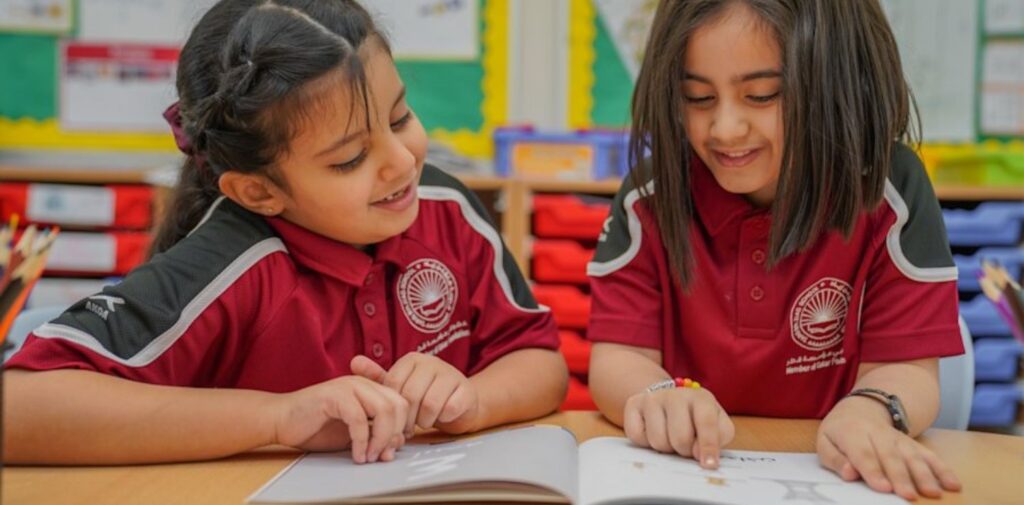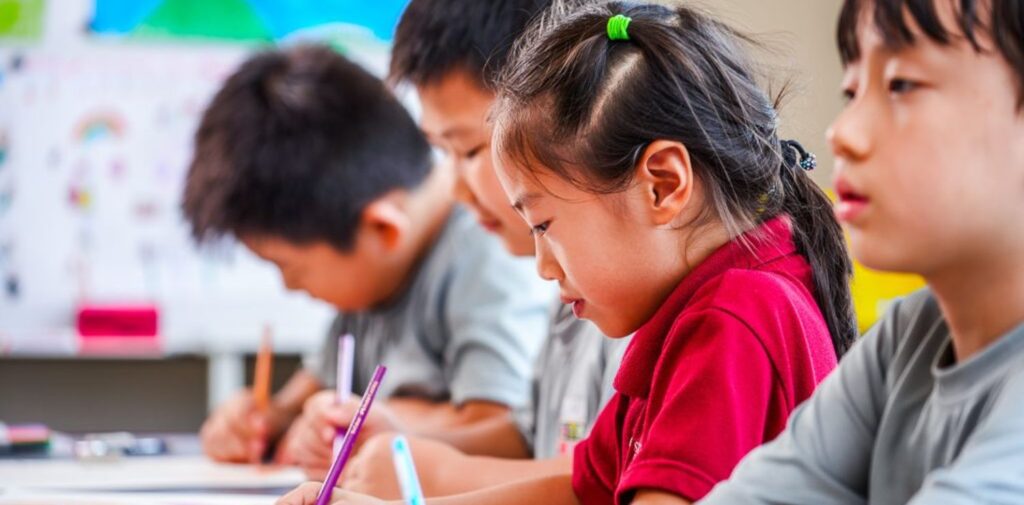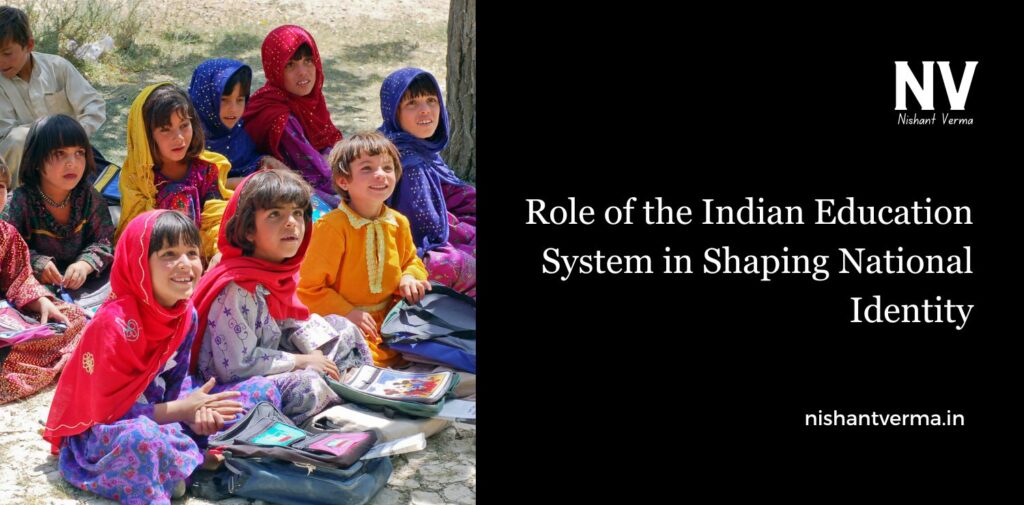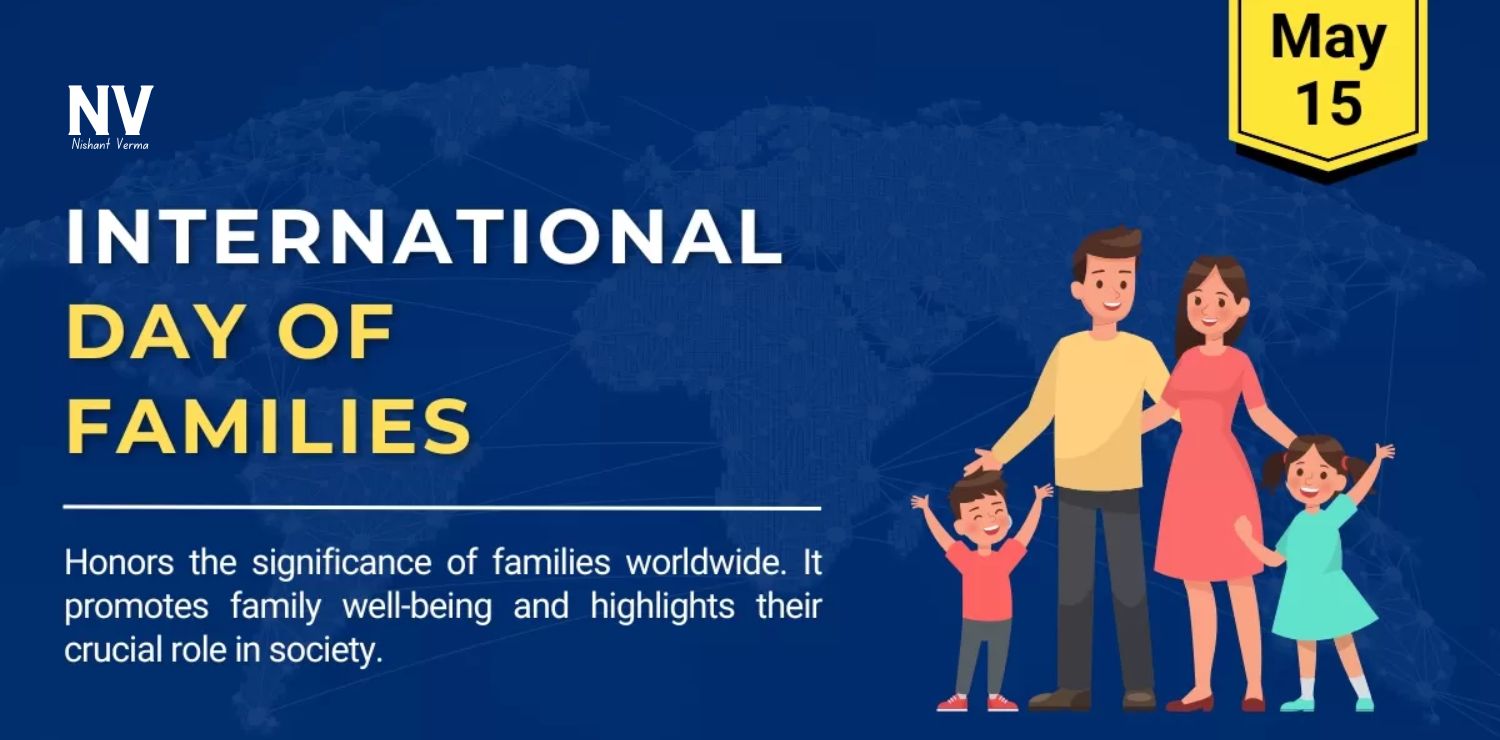India’s education system has played a huge role in shaping the country’s identity, especially during and after the time of British rule. The education people received helped them understand their history, culture, and the need for independence. This article will explain in simple words how education in India helped create a national identity that united people across the country and made them proud of their heritage.
What Is National Identity?
National identity is the feeling of being connected to a country and sharing the same values, history, and culture with the people who live there. It’s like when we say, “I am Indian,” we are expressing pride in our country and the way we are part of a larger community. National identity brings people together to work for a common goal, like fighting for freedom, building a better country, or taking care of one another.
How Education System Helps Build National Identity
The education system is one of the most important ways a nation builds its identity. Through education, people learn about their history, culture, and traditions, which help them feel connected to their country. In India, education played a crucial role in uniting people and creating a sense of national pride, especially during the time of British rule.

The Impact of British Rule on Education System
Before British rule, education in India was mostly given in local languages and was based on traditional knowledge. However, under British rule, the British government introduced a system of education that focused on English and Western ideas. The British wanted to train Indians to work in their government and support British interests, but the education system they set up had a different effect on Indians.
Instead of just making people work for the British, the education system helped many Indians realize the importance of freedom and independence. They started learning about democracy, equality, and justice, ideas that inspired them to fight for their rights. Many leaders of the Indian independence movement, like Jawaharlal Nehru, Subhas Chandra Bose, and Sardar Patel, were educated under the British system. Their education helped them understand the need to fight for India’s freedom and unity.
The Role of Schools and Colleges in Creating Unity
During British rule, education helped spread ideas of unity among the diverse people of India. India is a land of many religions, languages, and cultures. In such a diverse country, it was important to create a sense of belonging to a united nation. Schools and colleges played a big role in this.
Education taught students to look beyond their differences. It introduced them to the idea of being “Indian” rather than just being from a specific region, religion, or language group. When students learned about the great leaders of India’s past, like Ashoka or Shivaji Maharaj, they began to feel a sense of pride in their country’s rich history. This unity was one of the strongest forces in the independence movement.
The Role of Language in Education
Language also played an important role in shaping India’s national identity. Under British rule, English was made the language of education, which created a divide between those who could speak English and those who couldn’t. But as India fought for independence, leaders like Mahatma Gandhi believed that education should be in local languages so that everyone could understand it.
Mahatma Gandhi’s ideas about education were revolutionary. He believed in an education system that was simple, practical, and focused on rural areas, where most Indians lived. Gandhi also believed in promoting local languages so that people in every part of India could understand the importance of independence. This helped to bring people from different parts of the country together, even if they spoke different languages. Language became a way to unite people in their common cause.

The Role of the Freedom Movement
The freedom struggle, which began in the 1850s and reached its peak in 1947, was driven by many educated people who had learned about the importance of freedom and equality through their education. The Indian National Congress, which led the independence movement, was full of educated leaders who used their knowledge to spread awareness about the need for freedom.
Educated Indians used newspapers, pamphlets, and speeches to inform the people about their rights and the need to end British rule. The education system played a key role in spreading these ideas across the country. Schools and colleges became the places where young people learned about the freedom movement and joined the fight for independence.
The Importance of Values and Culture in Education
One of the most important ways education shaped India’s national identity was by teaching people to value their culture and traditions. After many years of British rule, many Indians had begun to doubt the value of their own culture. They were taught that Western ideas were superior, and many of their own customs were seen as old-fashioned or unimportant.
However, education began to help people rediscover the beauty and wisdom of their own culture. Leaders like Swami Vivekananda, Rabindranath Tagore, and Raja Ram Mohan Roy used education to promote the importance of Indian culture. They encouraged people to be proud of their history, language, art, and traditions.
By teaching students about India’s rich cultural heritage, the education system helped build a strong sense of national pride. People began to see themselves as part of a long and glorious tradition, which gave them the strength to fight for their freedom and identity.
Post-Independence Education and National Identity
After India gained independence in 1947, education continued to play a big role in shaping the country’s identity. The leaders of independent India knew that education was the key to building a modern, unified nation. They worked to improve the education system so that every child, regardless of their background, could receive a good education.
Schools across India began to teach students about the country’s history, the struggle for independence, and the importance of unity. The idea was to make sure that every citizen felt connected to the nation and understood their role in building a better future for India.
The government also focused on promoting values like equality, justice, and tolerance. These values helped create a strong national identity based on respect for everyone, no matter their religion, caste, or region. The education system helped shape a country where people could live together peacefully, work together for progress, and be proud of their Indian identity.

The Power of Education in Shaping Future Generations
Today, education continues to shape India’s national identity. Schools teach young people about the country’s history, values, and culture, and help them understand their role as citizens of India. The education system encourages children to be proud of their roots and gives them the tools to create a better future for themselves and for the country.
Through education, young people learn the importance of unity, peace, and cooperation. They understand that India is a diverse country, and they learn to respect the differences between people from different backgrounds. This helps build a stronger, more united nation.
Conclusion – Indian Education System
The Indian education system has played a vital role in shaping the country’s national identity. From the days of British rule to modern India, education has brought people together, taught them about their culture and history, and inspired them to work for a better future. Today, the education system continues to shape the minds and hearts of young Indians, helping them understand their country’s rich heritage and the importance of unity and equality. Through education, India continues to grow stronger, more united, and more proud of its identity as a nation.




